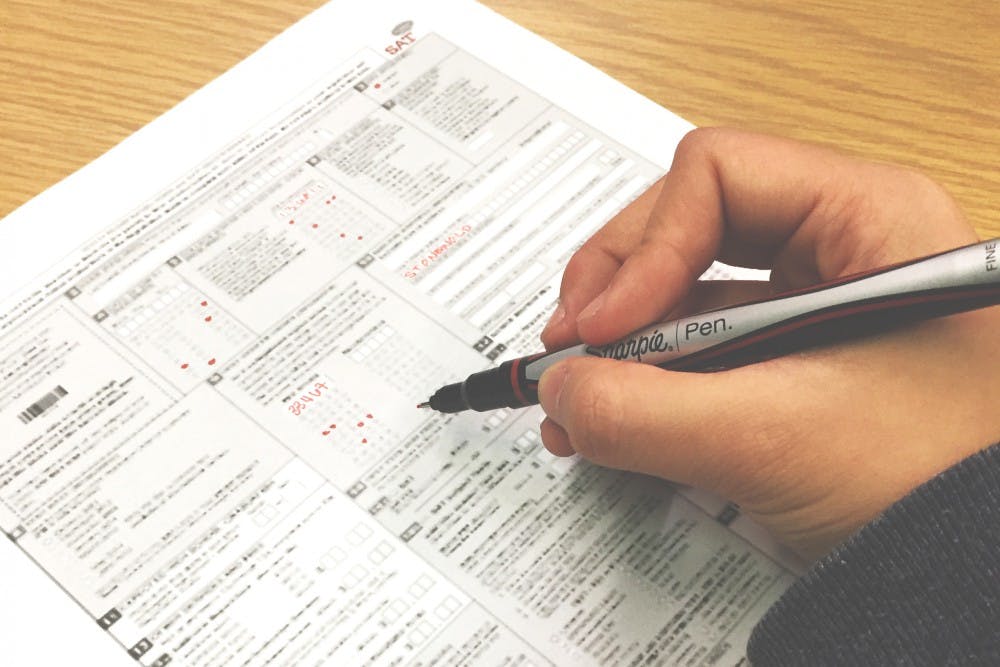
Admissions officers are using big data to target certain kinds of students.
Credit: Joy LeeIt’s well known that applications like Spotify and Netflix use Big Data to recommend music and movies. Now, colleges are using similar methods to target high schoolers they want to recruit.
Big Data, which refers to extremely large sets of information, has become a crucial marketing tool for universities. At Penn, the admissions department uses biographical data to identify and reach out to students who are statistically likely to apply to, attend and succeed at Penn.
Director of college preparation group, One-Stop College Counseling, and 1986 Wharton graduate Laurie Kopp Weingarten said there is a potential for colleges to use this information to increase their prestige.
“The biggest thing colleges are rewarded for is having low acceptance rates,” she said. “The more kids that apply, the lower the acceptance rate, and often the higher their ranking goes.”
Weingarten said she has heard admissions officers discuss using Big Data to track the demonstrated interest of potential students.
“The last school I was at called it an ‘interest index,’” she said. “It’s kind of like what they think is the prediction of whether you’ll attend or not.”
Weingarten described Big Data as “the wave of the future” for college admissions.
“Many times now instead of just meeting a Director of Admissions, I meet the Vice President of Enrollment Management,” she said.
One enrollment manager shared with her that there is a potential correlation between students’ Algebra 2 scores and their ability to succeed at a specific university.
Dean of Admissions Eric Furda said Big Data helps colleges attract often underrepresented students. Big data can help Universities uncover where there are “more first-generation and Pell grant recipient students,” Furda said.
Weingarten agreed, adding that colleges are run like businesses, and have institutional priorities that they need to meet. One of them is diversity.
“I think it’s great that they have [Big Data] available to them,” she said. “They need it so that they can get the geographic diversity which is important to education ... and they can attract students of different backgrounds.”
However, building a class of students involves more than data analysis, Furda said. Penn’s admission officers still travel nationwide to find students with different experiences and identities.
Penn Admissions Marketing and Communications Director Kathryn Bezella agreed, adding that her office has used Facebook Live to connect with students across the world.
“We’re starting to branch more into virtual recruitment,” she said. “At least one of [the office’s Facebook Live videos] was viewed more than 1000 times.”
While big data is playing a bigger role in recruitment, high school guidance counselors are still an essential medium for attracting students who will succeed at Penn, Bezella said.
“When you think of a guidance counselor being embedded in a school and a community, we would want them to be able to really talk about Penn and know Penn very well,” she said.
“So that when a talented student comes to them, they could say what Eric [Furda] and I wish we could say if we were in the room.”
The Daily Pennsylvanian is an independent, student-run newspaper. Please consider making a donation to support the coverage that shapes the University. Your generosity ensures a future of strong journalism at Penn.
Donate






